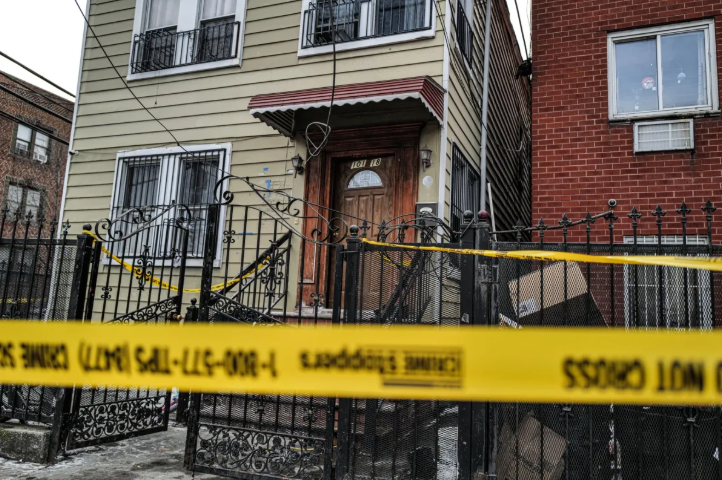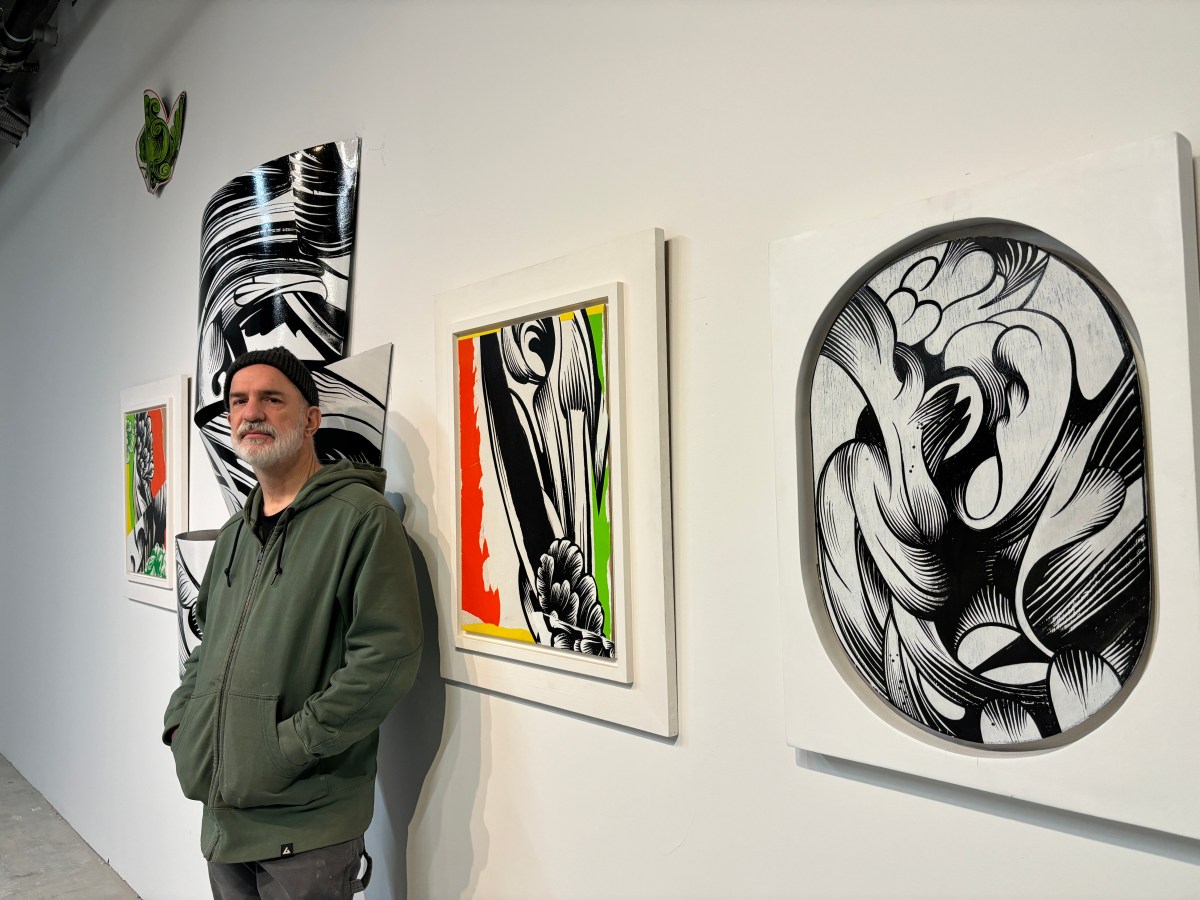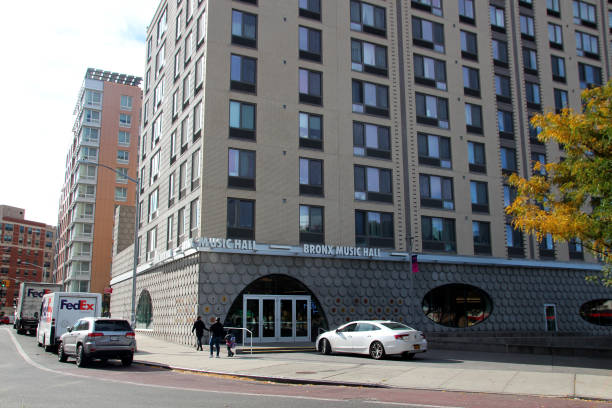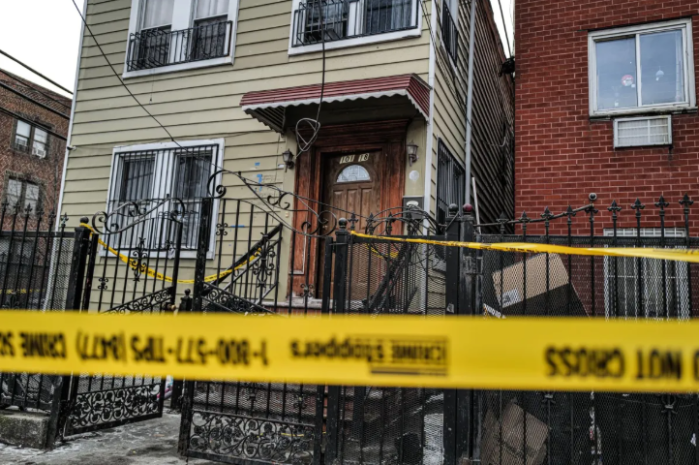Tadeusz Kosciuszko probably would have approved of plans to blow up the bridge named after him. As an engineer in the American Revolution, Kosciuszko destroyed many bridges himself — most likely by burning, not demolition — to slow the advancing British army.
His greatest moment came in 1777 when the Continental army was along the Hudson River near Saratoga, N.Y. Kosciuszko was responsible for fortifying the American position. He did such a good job that the colonists (led by Benedict Arnold) routed British Gen. John Burgoyne on Oct. 17, a decisive victory that led the French to enter the war on the colonies’ side.
Kosciuszko (pronounced \kȯsh-ˈchu̇sh-kō) was born in 1746 in what was then Poland, but now is western Belarus. He trained at the military academy and distinguished himself enough that the king sent him to Paris to study military architecture. Upon his return to Poland, he fell in love with a general’s daughter, but an ill-advised attempt to elope led Kosciuszko to flee to Paris.
Eventually, enticed by revolutionary fervor, he made it all the way to Philadelphia.
He volunteered for the army, befriended Thomas Jefferson after reading the Declaration of Independence, and joined the cause of freedom. After Saratoga, George Washington chose Kosciuszko to fortify West Point, where he became chief of the engineering corps in March 1780.
He was granted American citizenship but returned to Poland four years later. He played a key role in trying to repel the Russian invasion of 1792, but his defeat ultimately led to the Third Partition of Poland and the dissolution of his country. Kosciuszko was imprisoned in St. Petersburg and upon his release in 1796 returned to the United States.
While he returned to Europe once more with hopes of freedom for his native land, he distrusted Napoleon and never saw his dreams realized. He died in Switzerland on Oct. 15, 1817.
A lifelong lover of freedom and equality, Kosciuszko wrote his good friend Jefferson upon his election as president in 1800: “Do not forget yourself in your post, always be virtuous, republican with justice and probity, without display and ambition.”































